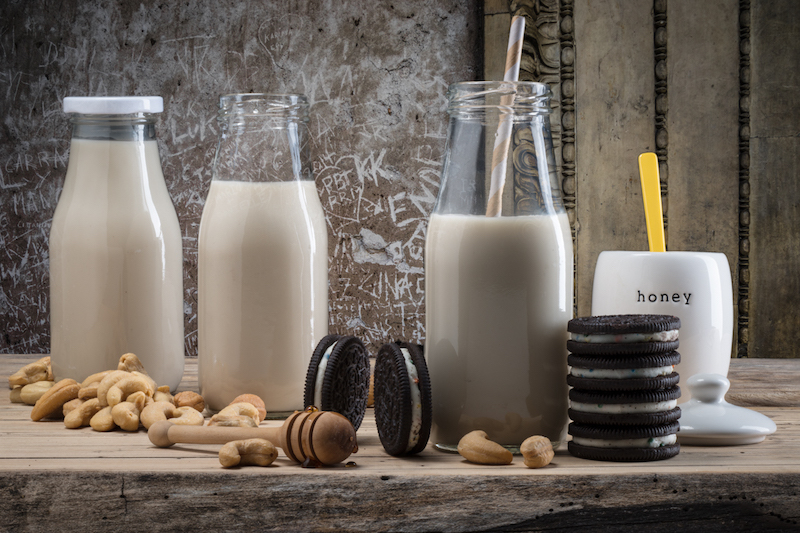

Around 60 to 70 years ago, many countries were poorer than they are today. For example, 60 years ago only 13% of homes in the UK had a refrigerator. The situation was similar for telephones (land lines) and televisions, items that are very popular nowadays. Some of these countries now have progressed towards more comfortable ways of living, to the point that people can have more than one of each of these items per home. This gigantic economical progression in a relatively short time makes a heavy demand on all of us for a corresponding growth in wisdom to avoid being dehumanised by all of this. Being amused by new technologies and our natural desire to acquire what the neighbour has, can hinder our journey of transformation towards the image of Jesus. It is almost as if “to have” has become a synonym of “to be.” So, in some new rich countries, “to have… things” means “to be… respected” and it seems difficult to realise that these two verbs refer to different arguments.
Among the things that can be acquired, of course, is food. Food can be bought in different amounts or of different types: organic or non-organic vegetables, fruits, grains and meats of different classes including exotic animals. Food has become another of these items to indicate prestige, so for example premiumisation of vegetables or fruits is one of the most profitable businesses for growers and food processors. Premiumisation consists of selling the idea that one’s product is of better quality than any other, so the stores where these products can be bought and the “character” of the product (like colours and language used) are aligned to an upper-class tone. I can’t deny that some premium products are of excellent quality but food bought in a fresh produce stall may not lack quality either. However, people are willing to pay hundreds of dollars for the most exotic food products from hams made from pigs fed with acorns to more exotic animals like pangolins. The latter are widely believed to be associated with the most recent pandemic.
The aspirations of newly-rich people to acquire status symbols have consequences for other members of our global village. These decisions have impacted the world such as through deforestation, extinction of species and pollution from food packaging among other sources of destruction. So, food is also one of those things that we have the opportunity to corrupt. To what extent does corrupting food affect our health? Have humans violated God’s will in matters to do with food and feed? Or what does God want us to eat anyway? Have we brought a plague upon ourselves? Can we go back to manna?
Do join us in exploring food and faith in future TBP editions and do contact Diana, our Food editor.
